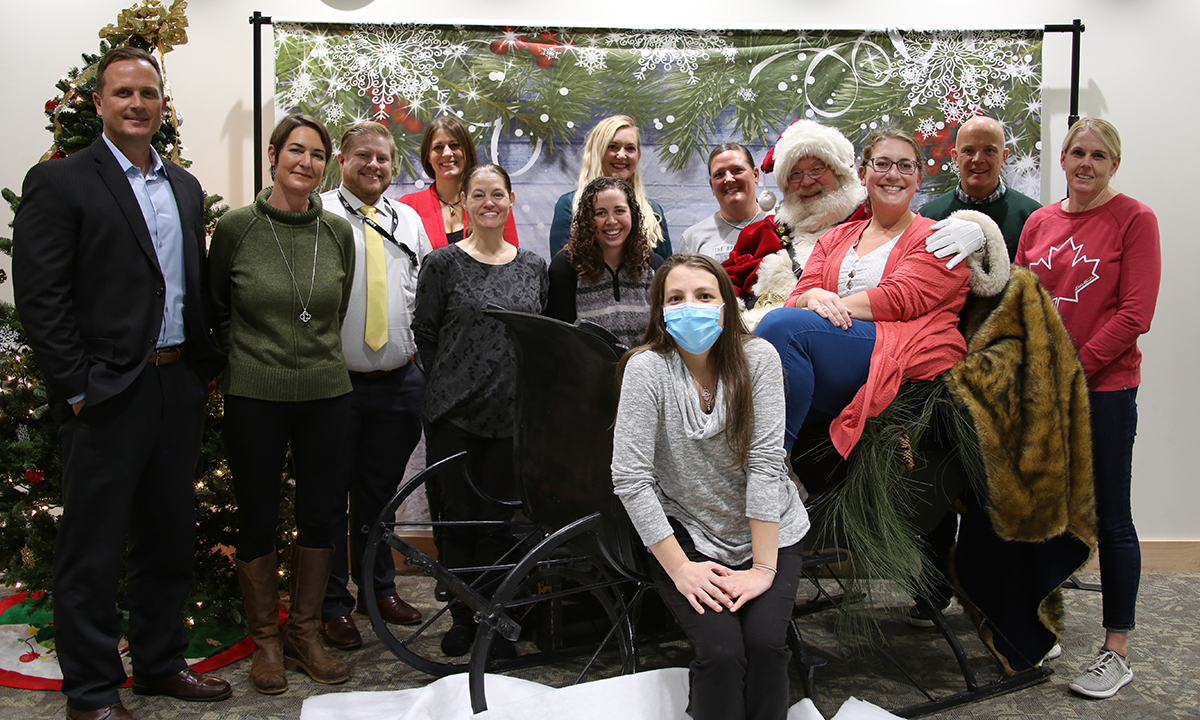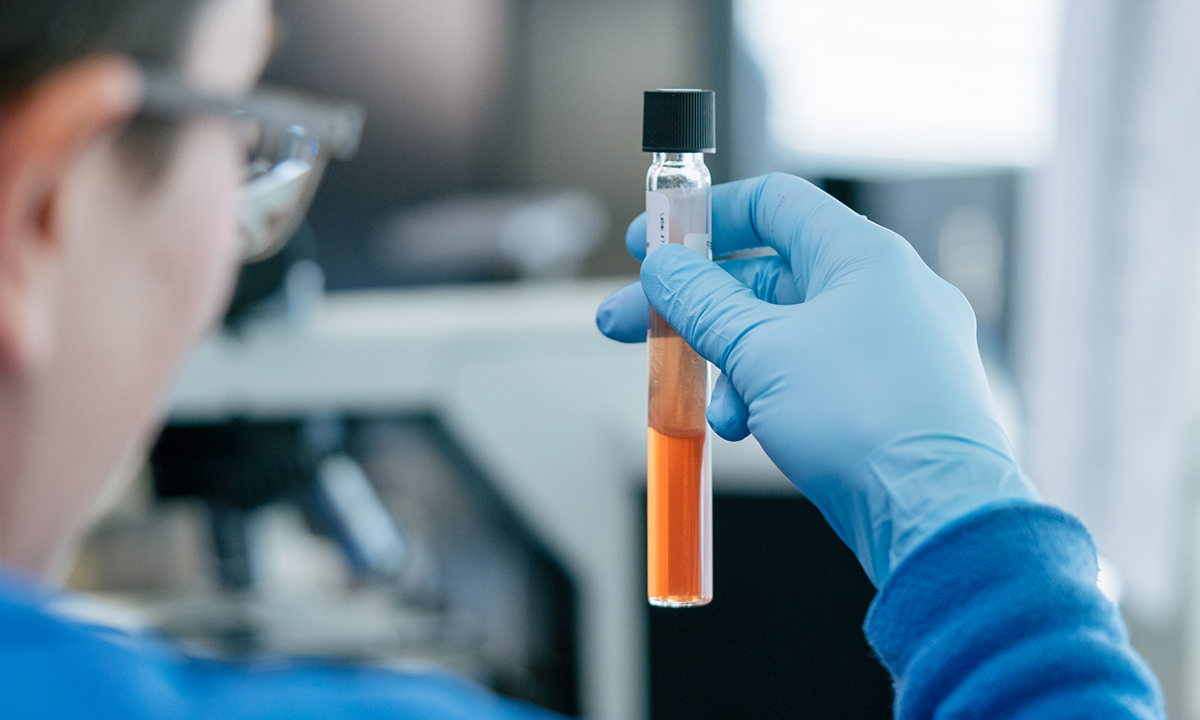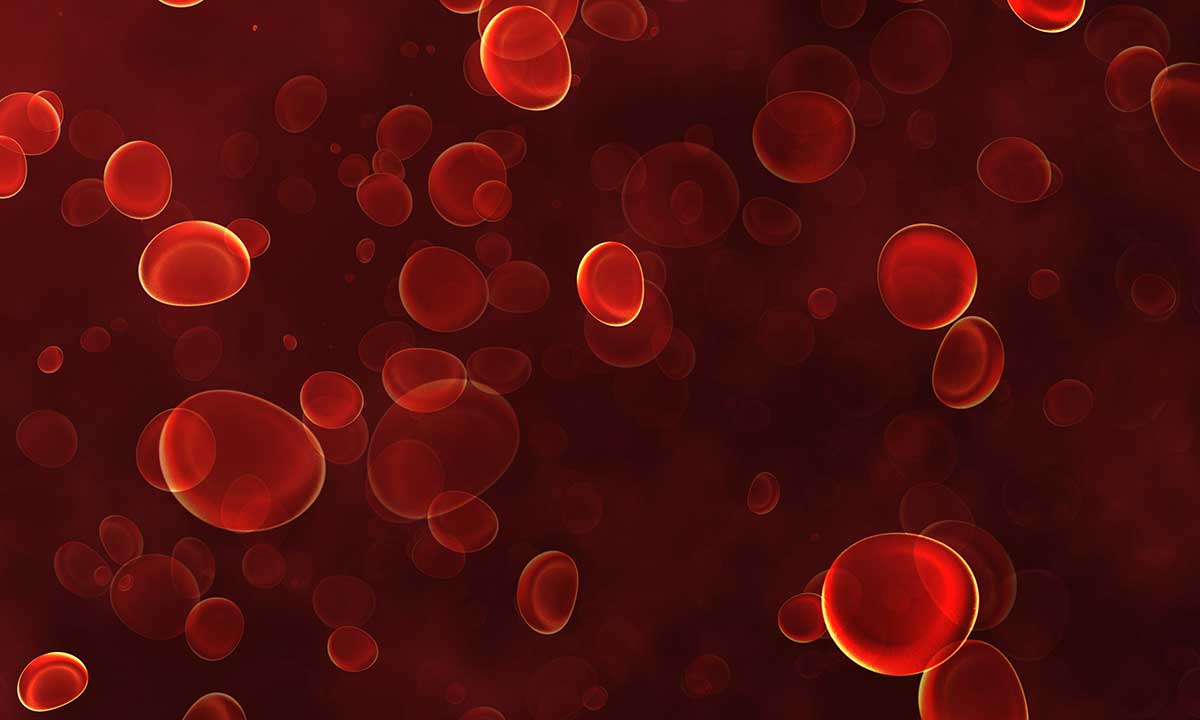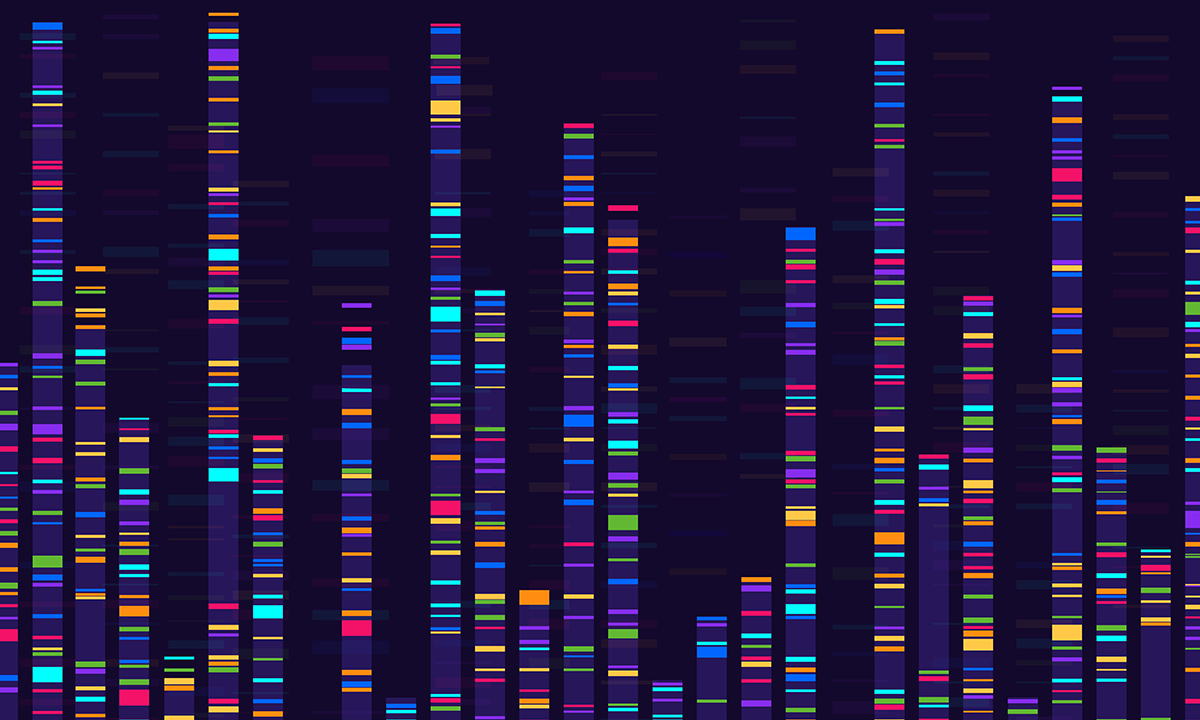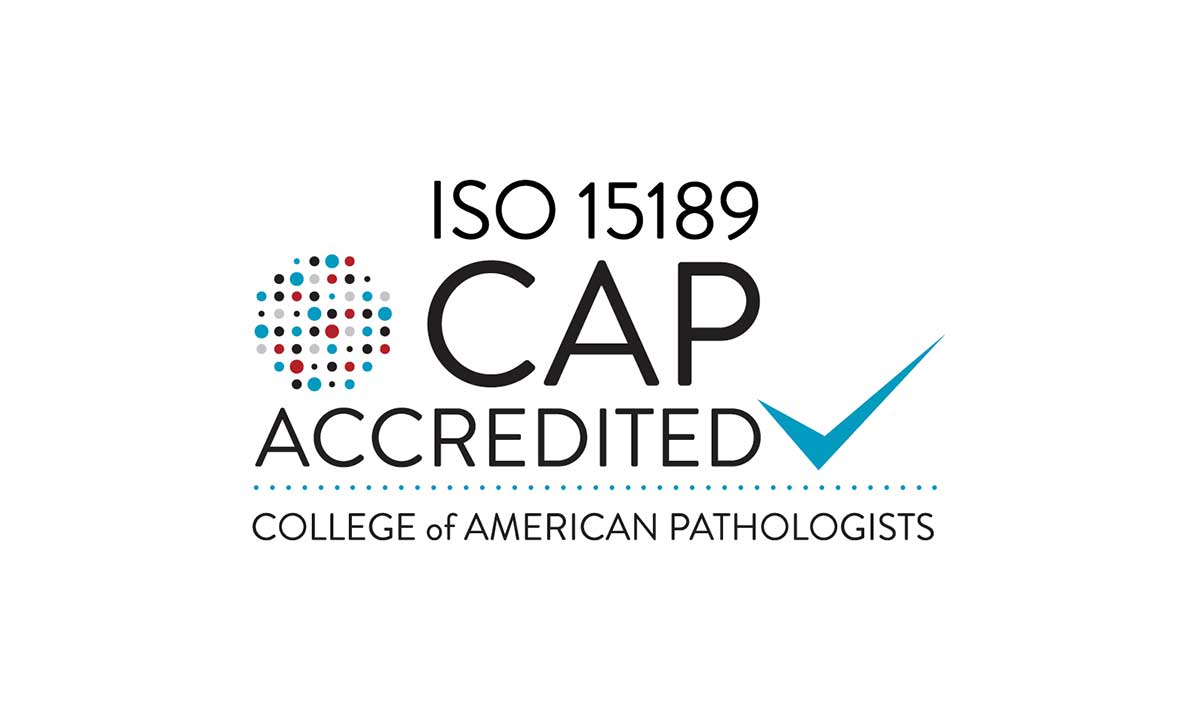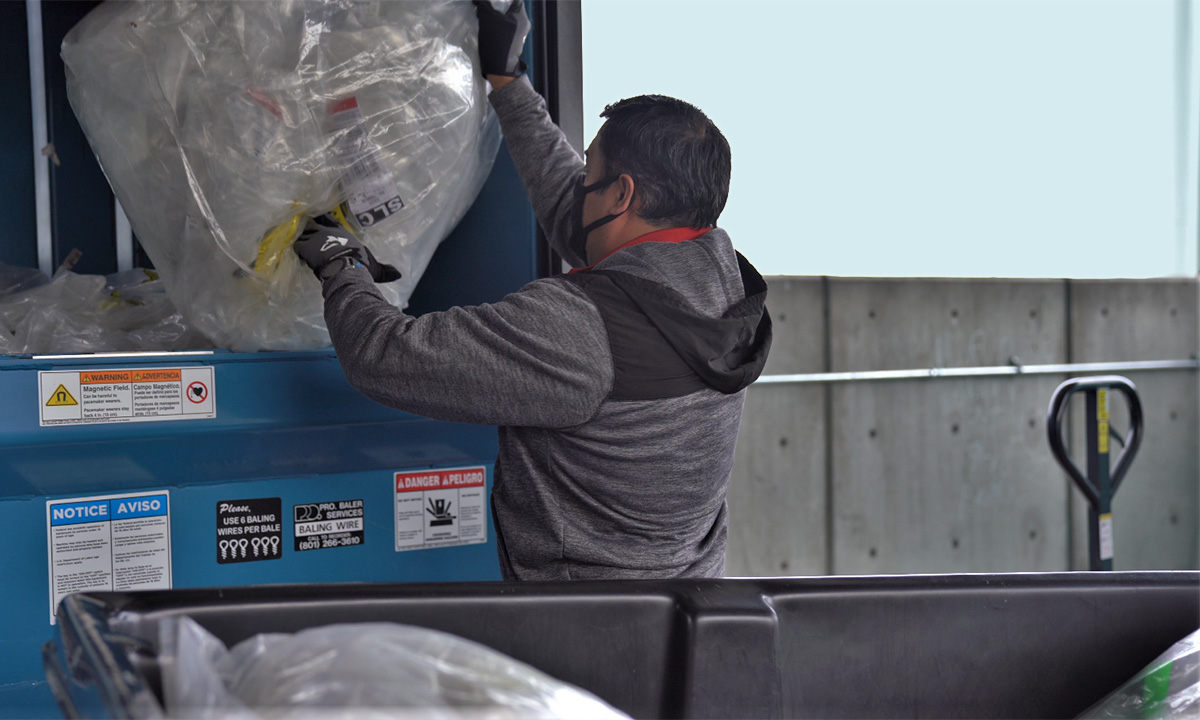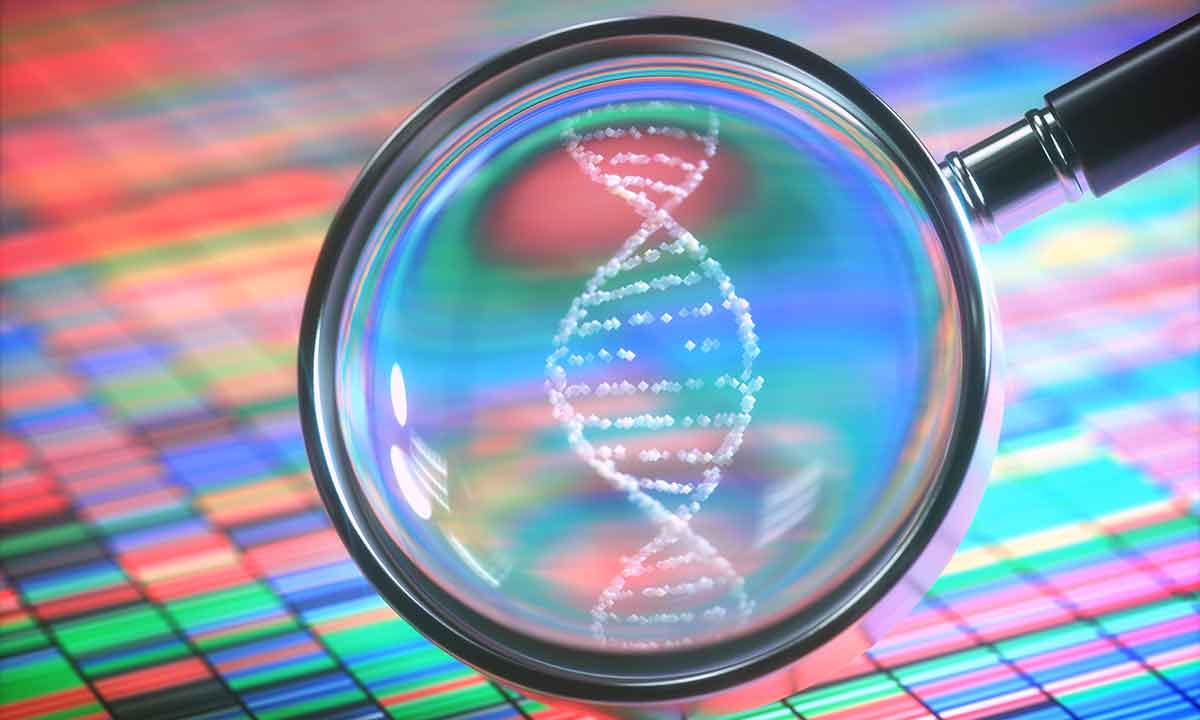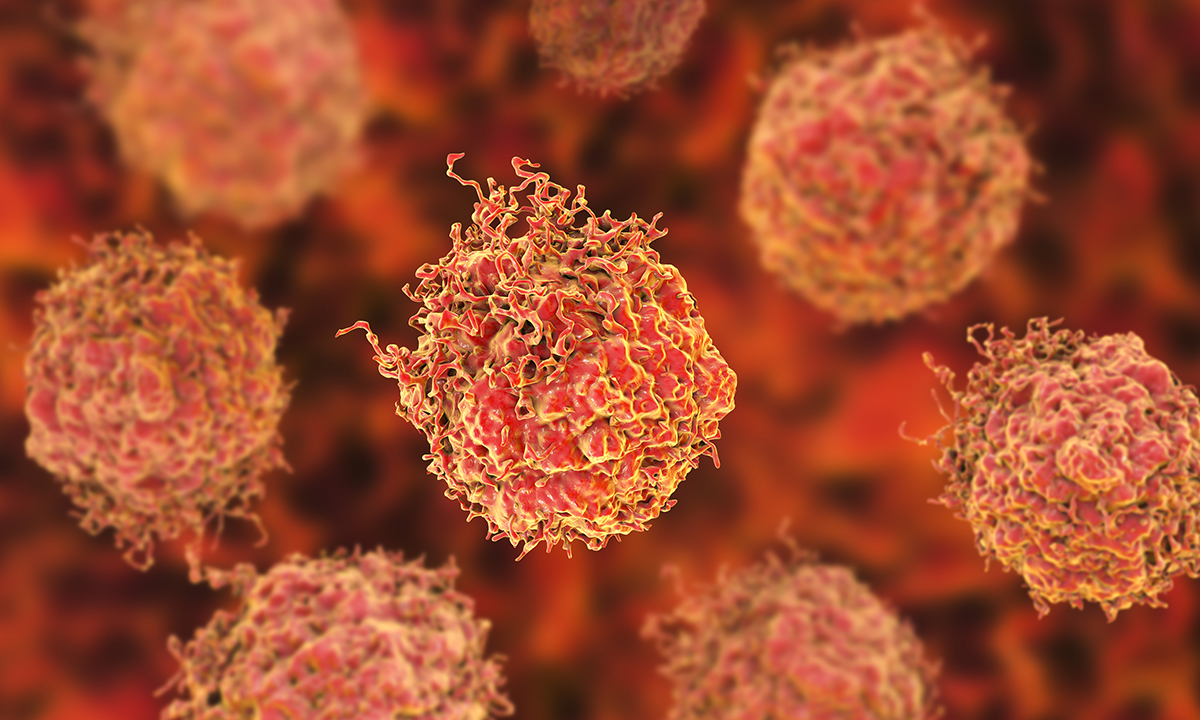Whatever you call it—altruism, generosity, or simply paying it forward—the act of serving and giving to others is a tenant central to ARUP that goes well beyond the work performed in our labs.
ARUP Consult®, a free source of expert guidance in laboratory testing, has released updated resources on testing for celiac disease and trace element deficiency and toxicity.
On December 10, 2021, a Common Vulnerability and Exposure (CVE) alert was issued from NIST related to Apache Log4j, CVE-2021-44228.
Tucked inside the bill that President Biden signed to raise the national debt ceiling was a holiday gift for clinical laboratories and Medicare patients.
For the fourth consecutive year, Utah Business magazine has honored ARUP Laboratories with its Best Companies to Work For award. ARUP is one of 65 companies to earn the award.
ARUP Consult® has released updated resources on Hereditary Thrombophilia, Group B Streptococcal Disease, and Paraneoplastic Neurologic Syndromes (PNSs).
PacBio and ARUP Laboratories announced they are collaborating on a study intended to evaluate whether the solve rate for rare disease cases can be increased.
ARUP Laboratories has successfully completed the second surveillance assessment of its College of American Pathologists (CAP) International Organization for Standardization (ISO) 15189 accreditation.
The Recycling Coalition of Utah (RCU) honored ARUP with its Thomas A. Martin Business Recycler of the Year Award in recognition of the company’s recycling program efforts.
ARUP Consult released new and updated resources on genetic cardiovascular disease, the effects of common anticoagulants on coagulation testing, laboratory testing for primary sclerosing cholangitis.
ARUP Laboratories announced that it will increase its minimum hourly wage to $15 , marking an important milestone in the company’s multiyear effort to increase wages for all employees.
Deep Bio, a leading company in artificial intelligence (AI) cancer diagnostics, announced it obtained an approval from the University of IRB for a real-world implementation study.

















